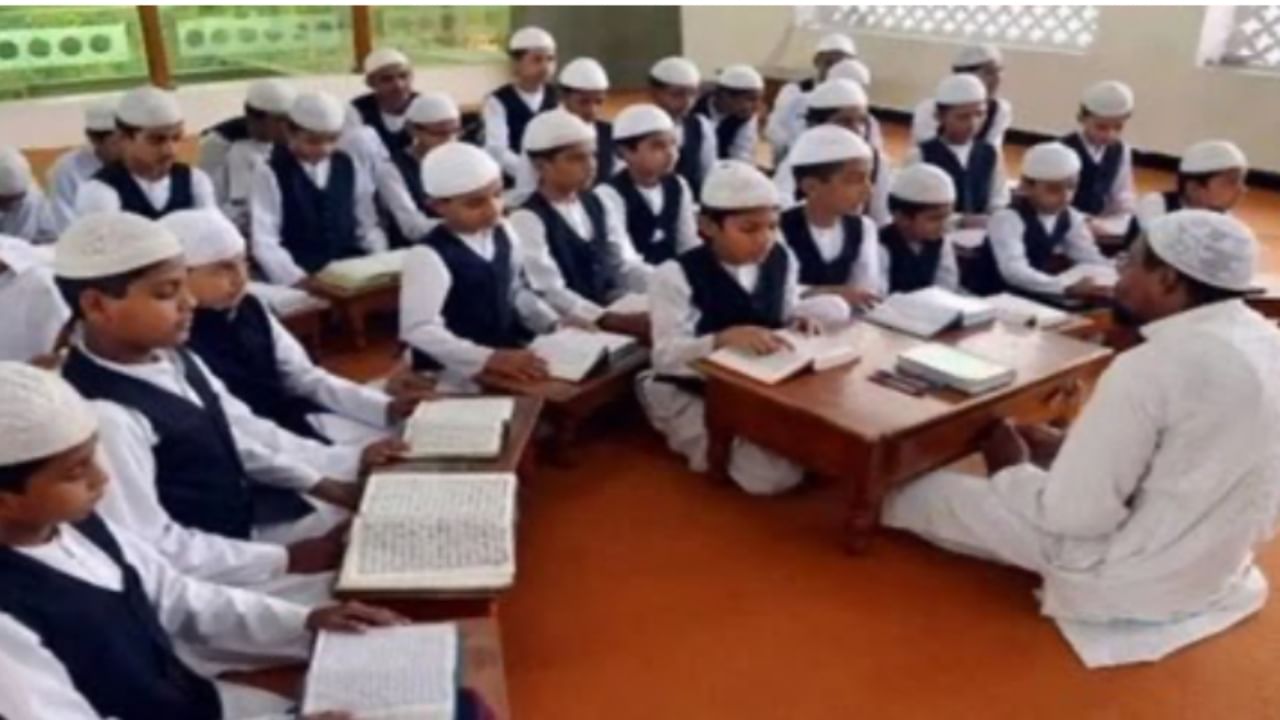Dehradun: Uttarakhand has created history by becoming the first state in India to pass the Minority Education Act. Under this new law, all schools and educational institutions run by minority communities — including Muslims, Sikhs, Christians, Buddhists, Jains, and Parsis — will come under one single system.
The state government has decided that the Madrasa Education Board will be abolished from July 1, 2026. Until now, madrasas were governed under their own separate laws. But now, a new body called the State Minority Education Authority will be created to manage and recognize all minority-run schools. This will ensure transparency, fairness, and quality in education.
उत्तराखण्ड में मदरसा बोर्ड अब इतिहास बनने जा रहा है। राज्यपाल लेफ्टिनेंट जनरल गुरमीत सिंह (सेनि.) ने उत्तराखण्ड अल्पसंख्यक शिक्षा विधेयक, 2025 को मंजूरी दे दी है। इस विधेयक के लागू होने के बाद प्रदेश में संचालित सभी मदरसों को अब उत्तराखण्ड अल्पसंख्यक शिक्षा प्राधिकरण से मान्यता…
— CM Office Uttarakhand (@ukcmo) October 6, 2025
Bill was passed during the assembly session in Gairsain
The Uttarakhand Minority Education Act Bill was passed during the Assembly session in Gairsain. After the bill was passed, it was sent to the Governor, Lt. General Gurmeet Singh (Retd), who gave his approval. With his signature, the bill has now become an Act (law).
All six minority communities will get the same recognition
So far, only Muslim-run schools and madrasas were given minority status. But now, all six minority communities will get the same recognition. This means that Sikh, Christian, Buddhist, Jain, and Parsi educational institutions will also be officially recognized under the same system.
These schools will follow the regular school curriculum set by the Uttarakhand Education Board
Although religious education will still be allowed, all schools recognized by the new Authority must also follow the regular school curriculum set by the Uttarakhand Education Board. This is to make sure that children receive modern and balanced education along with religious studies.
The new law is expected to fix many old problems seen in the madrasa system, such as:
Misuse of government scholarships
Problems in mid-day meal schemes
Lack of proper management and records
Under the new system, the government will have the power to monitor and guide these institutions. This will help protect students’ interests and improve the overall quality of education. Each minority community will also have representation in the new authority.
अल्पसंख्यक शिक्षा विधेयक–2025 को स्वीकृति प्रदान करने के लिए माननीय राज्यपाल @LtGenGurmit जी (सेवानिवृत्त) का हार्दिक आभार!
माननीय राज्यपाल महोदय की स्वीकृति के साथ ही इस विधेयक के कानून बनने का मार्ग प्रशस्त हो गया है। इस कानून के अंतर्गत अल्पसंख्यक समुदायों की शिक्षा व्यवस्था…
— Pushkar Singh Dhami (@pushkardhami) October 6, 2025
Historic and bold decision; CM Dhami
According to Chief Minister Pushkar Singh Dhami, this is a historic and bold decision. He said the aim is to give equal education and opportunity to every child, no matter which religion or background they come from. The focus is on creating a fair, modern, and united education system.
Other states might follow Uttarakhand’s example in the future
This new law brings a big change in how minority education is handled. It brings all schools onto a single platform, making it easier to manage, support, and improve them. The decision has already received attention across the country. Experts believe that other states might follow Uttarakhand’s example in the future.
As of now, the focus is on setting up the new State Minority Education Authority and planning for the smooth transition of institutions before July 1, 2026.
